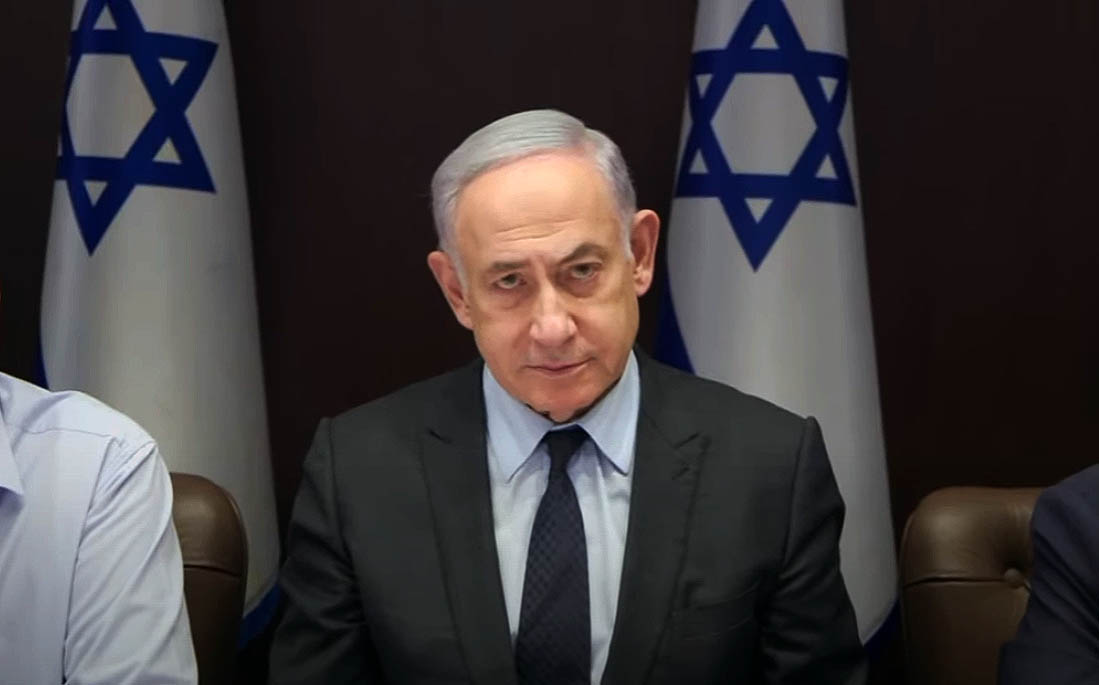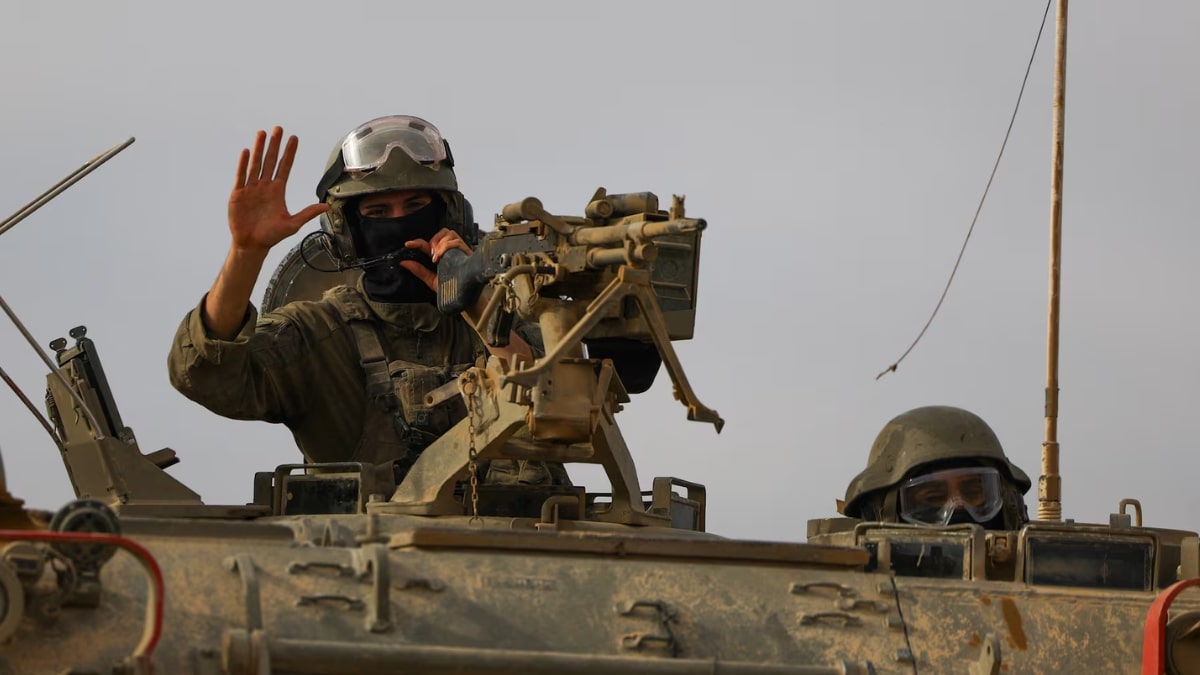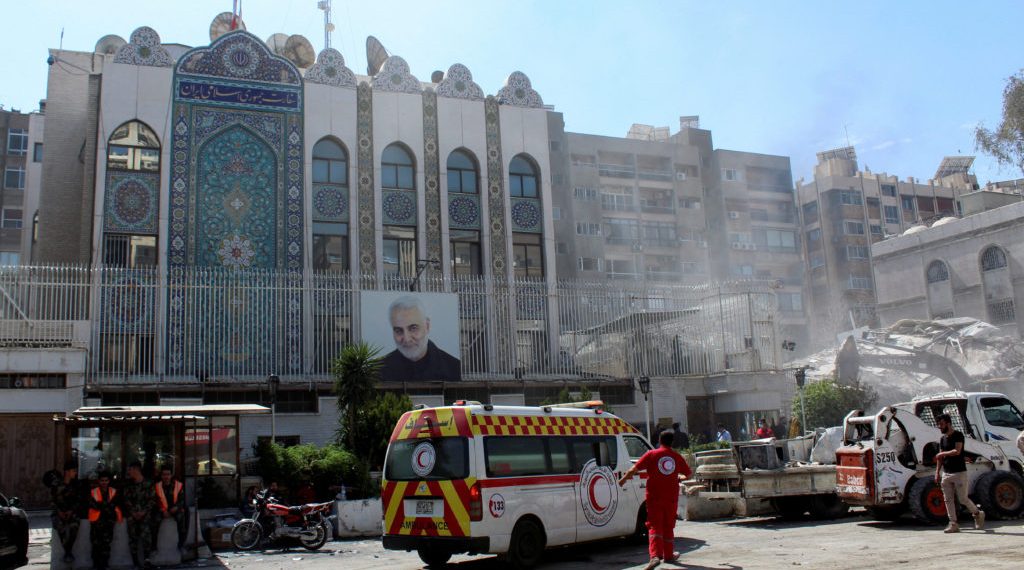Israel is on high alert amid escalating tensions with Iran and its proxies following the killing of a senior Iranian officer in Damascus.
Nations like India, France, Poland, and Russia have cautioned their citizens against travel to the region, already tense due to the ongoing Gaza conflict.
The White House acknowledges the real and viable threat from Iran. While the Israeli military hasn’t issued new instructions to civilians, they urge vigilance and have conducted assessments for potential scenarios.

Reports suggest some Israeli diplomatic missions have been partially evacuated, and security measures heightened. Israel’s largest daily, Yedioth Ahronoth, ominously predicts imminent retaliation.
Although Israel hasn’t claimed responsibility for the airstrike, Iran’s supreme leader vows punishment, equating the attack to one on Iranian soil.
Analysts speculate on Iran’s response. While they doubt Iran seeks direct military confrontation, they anticipate some form of retaliation.
Israeli Defense Minister and army chief meet with the head of U.S. Central Command to coordinate a response. Sources suggest Iran wishes to avoid escalation but acknowledges the risk of events spiraling out of control.

There’s concern Iran might directly attack Israel, given its missile capabilities. Israel, meanwhile, reinforces its air defenses, having intercepted thousands of rockets from Hamas in Gaza and Hezbollah in Lebanon.
Reservists are called up along Israel’s northern border, where daily exchanges with Hezbollah occur.
While the military prepares for potential escalation, it withdraws troops and armored vehicles from Gaza, signaling a possible assault on the city of Rafah. Parents prepare children for possible school disruptions during the Passover holidays.





